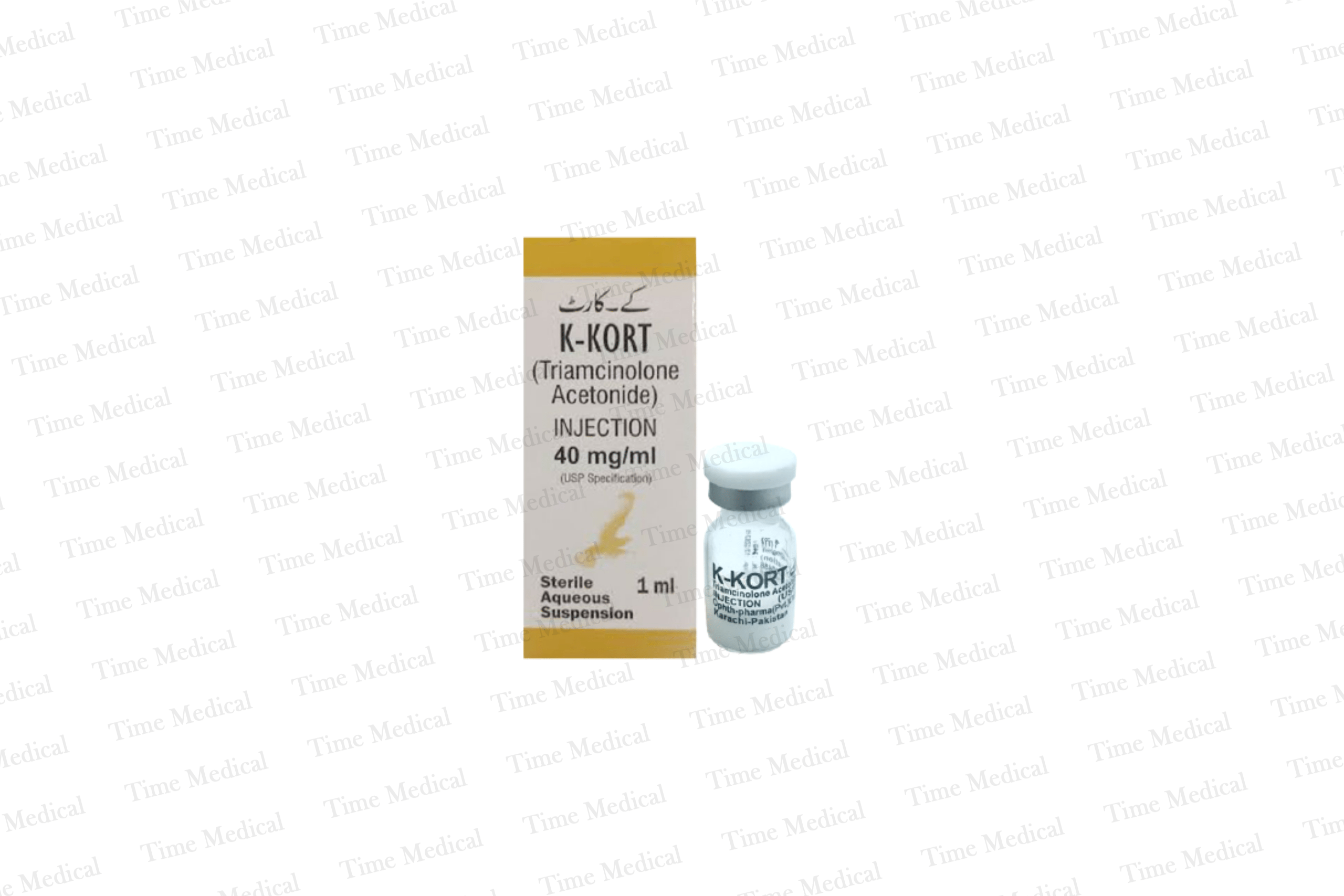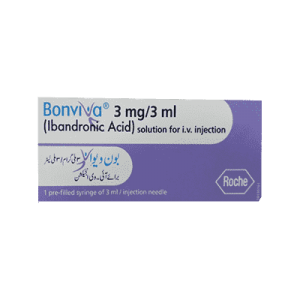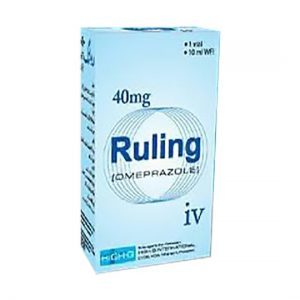Description
Indications
K-kort 40 mg/ml Injection is primarily indicated in conditions like Asthma, Bronchospasm, Dermatosis, Eczema, Gout, Haemolytic anaemia, Lichen planus, Lupus erythematosus, Nephrotic syndrome, Osteoarthritis, Pruritus, Psoriasis, Rheumatic fever, Rheumatoid arthritis, Suppression of inflammatory and allergic disorders, Termination of pregnancy of 13-24 weeks gestation.
Contraindication
K-kort 40 mg/ml Injection is contraindicated in conditions like Diabetes mellitus,Peptic ulcer, Psychosis, Osteoporosis,Infections, Acne vulgaris, Rosacea, Superficial leisions, Myopathy, Gravitational ulceration.
Side Effects
The severe or irreversible adverse effects of K-kort 40 mg/ml Injection, which give rise to further complications include Striae, Glaucoma, Atrophy, Steroid purpura, Skin fragility, Osteoporosis, Moon face, Buffalo hump, Distribution of fat on torso.K-kort 40 mg/ml Injection produces potentially life-threatening effects which include Cushing’s syndrome, Diabetes, Hypertension, Growth suppression, Adrenal suppression, which are responsible for the discontinuation of K-kort 40 mg/ml Injection therapy. The symptomatic adverse reactions produced by K-kort 40 mg/ml Injection are more or less tolerable and if they become severe, they can be treated symptomatically, these include Striae, Acne, Hirsutism, Menstrual irregularity, Purpura.
Warnings
K-kort 40 mg/ml Injection should be used with caution in patients with liver, kidney, heart or intestinal disease, hypothyroidism, high blood pressure, myasthenia gravis, osteoporosis (brittle bones), herpes eye infection or a history of tuberculosis (TB), seizures, ulcers or blood clots and of any drug allergy. Do not have a vaccination, other immunization or any skin test while you are using this drug unless specifically recommended. Use aspirin, arthritis medication or alcoholic beverages cautiously while taking this medication, because it may make stomach and intestine more susceptible to the irritating effects of alcohol, aspirin and certain arthritis medications, increasing the risk of ulcers. Report any injury or signs of infection (fever, sore throat, pain during urination and muscle aches) that occur during treatment and within 12 months after treatment with this drug. Dose may need to be adjusted or may need to start taking the drug again. If patient have diabetes, this drug may increase blood sugar level. Test urine for sugar (glucose) frequently and contact the doctor if sugar is present, dose of diabetes medication and diet may need to be changed. It should be used only when clearly needed during pregnancy or lactation. Avoid use in infants because, this medication can cause growth suppression in infants.






Reviews
There are no reviews yet.